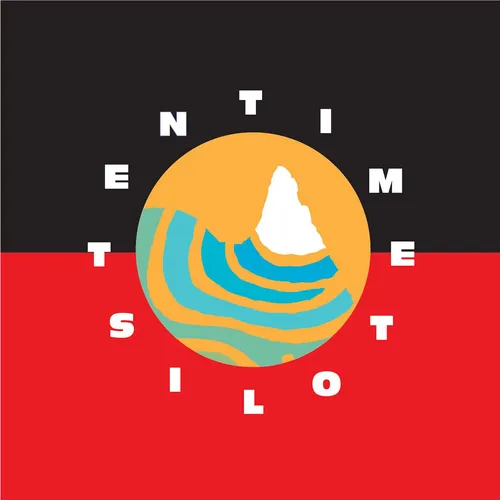
Time to Listen
Ever since the Federation of Australia, a plethora of politicians, academics and media personalities have opined and commentated on Indigenous Australian affairs. But amongst the discourse, whether it be formalised debate or discordant blither, one voice has been notably absent: the collective voice of First Nations people. As of 2020, First Nations peoples comprise just 3.3% of the Australian population. Yet they represent 29% of the incarcerated Australian population, including an estimated 46% of the incarcerated juvenile population. First Nations children also represent approximately 37% of Australian children in foster care. They suffer a suite of disparate mortality statistics and morbidity factors in comparison to the non-Indigenous population. They also enjoy far less participation in home ownership, education attainment and leadership positions, and even as all these gaps begin to show signs of narrowing, other contemporary socioeconomic gaps begin to yawn. Are First Nations voices being heard on such matters? Have you heard them? This is Time to Listen, a podcast that gives a space and a platform to the First Nations voices of the Cape York Peninsula, and wider Australia. Whether you are passionate about racial equality, or simply curious about First Nations culture (and anything in between) this is the podcast for you. Want to know more about the diversity of Indigenous Australian languages? Think you understand Native Title? How have First Nations communities educated their children since before colonisation, and how are these methods being rediscovered? And which terminology is respectful and correct for which occasion, First Nations, Indigenous, or Aboriginal Australian? Realising true harmony between Indigenous and non-Indigenous Australian people and culture requires opening a space and raising a platform for First Nations peoples themselves. By taking the time to listen, you have already taken a very important step towards reconciliation.
- Update frequency
- every 13 days
- Average duration
- 40 minutes
- Episodes
- 26
- Years Active
- 2021 - 2022

Turning Ideas into Action for Indigenous Australians - with Prue Briggs
"At Cape York Institute, we are constantly asking 'why'. Why are Indigenous youth incarceration rates double the national average. Why haven't we closed the gap in the past ten years. Why do issues i…

Ideas and Policy in Indigenous Affairs - with Noel Pearson
"We've constructed a policy reform agenda for our own children. The people who [our policy agenda] concerns are our own relatives ... the people who we love in the world.
"That's one of the strengths …

Leadership | Gender Equality | Organisational Vision – with Fiona Jose
"There are so many capable First Nations women. A barrier we have is that organisations – be they corporate, government or philanthropic – are defining us by our gender and culture. Those organisatio…

Welfare | Land | Economic Opportunities – with Richie Ah Mat
"We're all Australians, so we can't have second-class citizens in our own country - the First Nations People ... we're lucky as Australians, we live in the best country in the world, but we just have…

Introducing: Time to Listen
There is a multitude of commentary and debate circulating in Australian politics and media concerning Indigenous Australians. Yet how much airtime is actually given to Indigenous Australians themse…

International Women's Day | Our Sisters - with Fiona Jose, Baressa Frazer and students from Djarragun College and the Cape York Girl Academy
International Women’s Day gives us the opportunity to celebrate the unique qualities and capabilities of women, as well as commemorate their efforts and struggle for the sake of equality. Women offe…